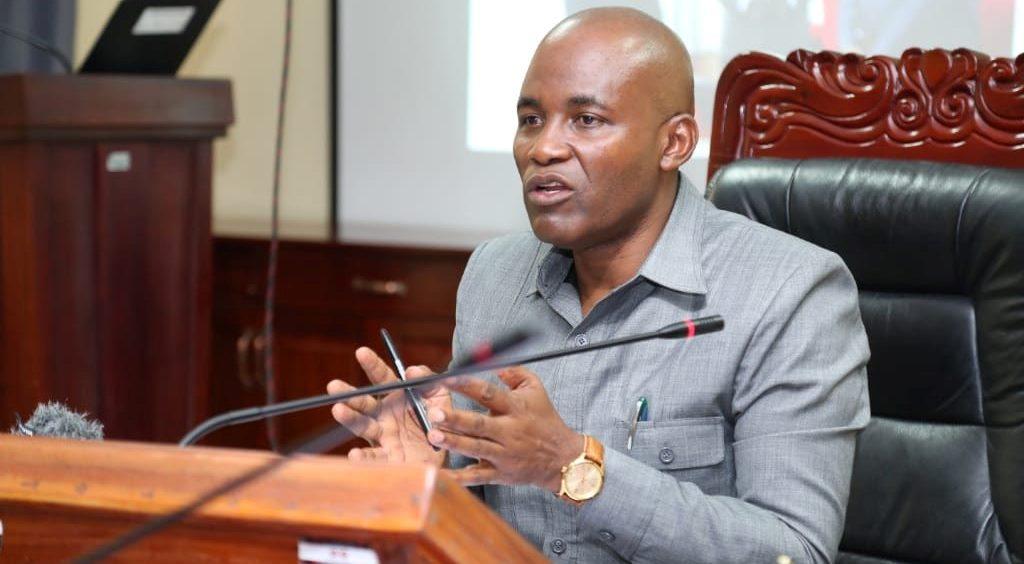Africa-Press – Tanzania. MINISTER for Information and Communications Technology, Dr Faustine Ndugulile, has given a 30-day ultimatum to Tanzania Telecommunications Corporation (TTCL) debtors to pay their debts or face internet blackout.
Dr Ndugulile said TTCL had been doing a great job in managing fibre optic and ensuring that services reached its clients who were from both private and public sectors, but most of them were not paying for the services they received.
“Some public and private institutions owe TTCL more than 30bn/-. These must in 30 days settle their debts. Those who won’t pay, regardless of their status will have the service cut by January 31, 2021,” the minister said on Wednesday during his first visit since he was appointed to lead the new ministry.
He said it was inconceivable that more than 20 institutions which received quality and timely internet services were not ready to pay, something that affected TTCL’ ability to continue offering quality services which contravened the country’s ambition of embracing the digital economy.
Meanwhile, the minister has said that his ministry will make efforts to ensure ICT’s contribution to the national economy increases.
“ICT has an enormous contribution to the economy like simplifying ways of paying various services, banking activities, mobile communications and the likes. Our plan is to make this sector’s contribution keep growing for the nation’s development,” the minister said.
TTCL Director General Waziri Kindamba told the minister that his corporation led when it came to large-scale internet services, but highlighted sabotaging its infrastructure as the big challenge.
“TTCL plans to deal with any staff involved in sabotaging TTCL’s fibre optic cable infrastructure,” Mr Kindamba said.
Without giving statistics, Mr Kindamba said the fibre optic cable managed by TTCL had been cut in some places to backslide the corporation.
He said others searched for some mineral content used in producing fibre optic cables. He warned perpetrators that slowing down or cutting the internet had consequences to services and financial institutions which offered services to people.
“Ports, revenue authorities, the Police Force, the Immigration Services Department of Tanzania and service providers have their work troubled when internet is disrupted,” he said.







